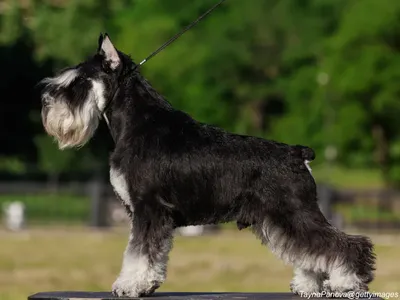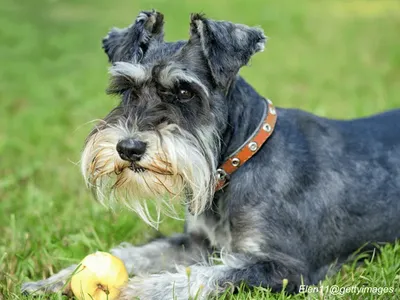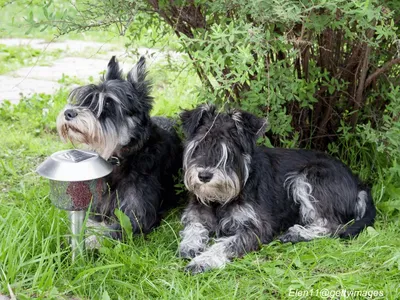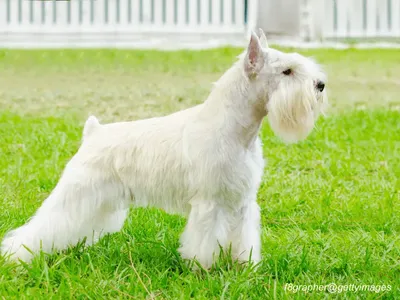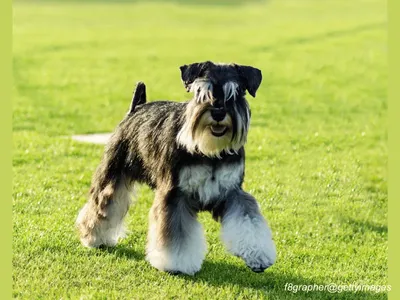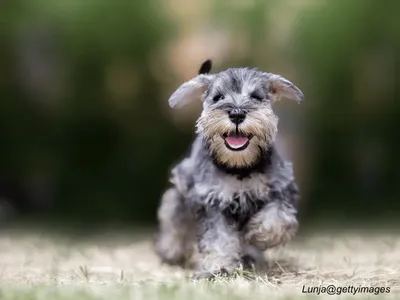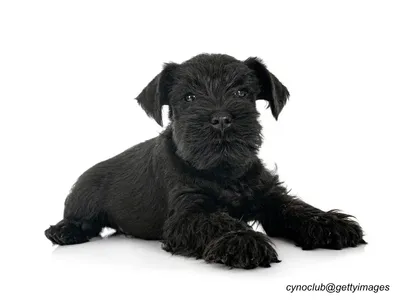Origin & History
Emerging from Germany in the late 19th century, the Miniature Schnauzer was carefully developed by farmers who sought to create a smaller, more compact version of their beloved Standard Schnauzer. Through selective breeding with Affenpinschers and possibly Poodles, they achieved their goal - a spirited yet practical small dog that maintained all the working abilities of its larger ancestor while being perfectly sized for ratting and farmyard duties.
These robust little dogs quickly proved their worth as versatile farmhands, fearlessly hunting vermin, standing guard against intruders, and serving as constant companions to their owners. Their distinctive bearded muzzle and wiry coat weren't just for show - these features protected them during confrontations with rodents and harsh weather alike.
Today, they've earned their place as one of the world's most popular small breeds, equally comfortable competing in agility and obedience rings, serving as therapy dogs, or simply being devoted family members who never miss the chance to alert their household to any unusual activity.
Stats:
- Height: 12-14 inches
- Weight: 11-20 pounds
- Coat: Wiry double coat with soft undercoat
- Colors: Salt & pepper, black & silver, or solid black
- Lifespan: 12-15 years
This intelligent breed combines a terrier's spirit with a more trainable personality, making them excellent family pets.
| Traits: | 1 | 2 | 3 | 4 | 5 |
|---|---|---|---|---|---|
| Energy: Needs daily exercise and mental stimulation | ✓ | ||||
| Ease Of Training: Highly intelligent and eager to please | ✓ | ||||
| Grooming: Moderate/High; requires regular brushing and professional trimming | ✓ | ||||
| Family Dog: Excellent with children when socialized | ✓ | ||||
| Watchdog: Excellent alert barker with protective instincts | ✓ | ||||
| Beginner Friendly: Good for first-time owners willing to train | ✓ | ||||
| Prey Drive: Moderate; may chase small animals | ✓ | ||||
| Barking: Can be vocal; needs training to control | ✓ | ||||
| Good with other dogs: If properly socialized when young; their high energy and bossy temperament may lead to conflicts . |
✓ |
Health Considerations
- Myotonia Congenita: Inherited muscle disorder
- Eye Problems: Including cataracts and progressive retinal atrophy
- Hip Dysplasia: Occurs despite small size
- Skin Conditions: Including schnauzer comedo syndrome
- Pancreatitis: Sensitive digestive system
- Urinary Stones: Particularly bladder stones
- Diabetes: Higher incidence than many breeds
Please check the Canine Health Information Center (CHIC) and parent breed clubs for health information.
Glossary of general canine health conditions.
